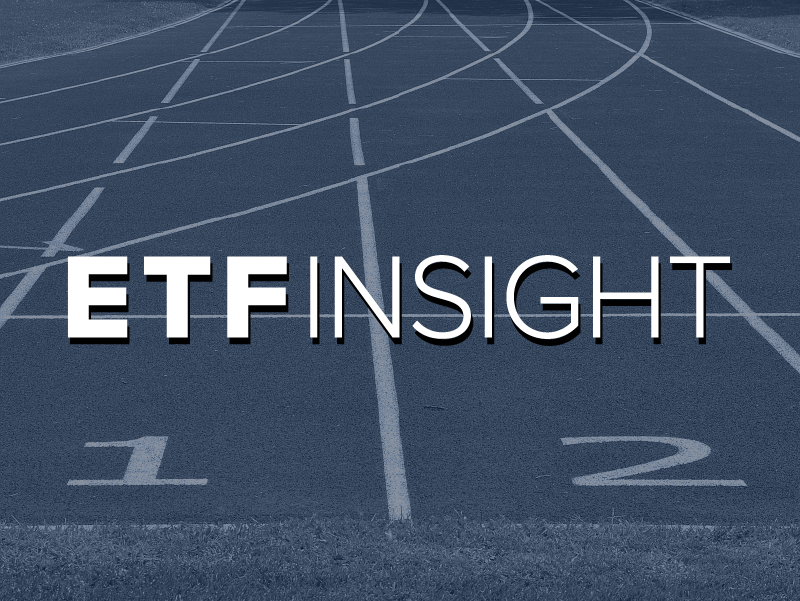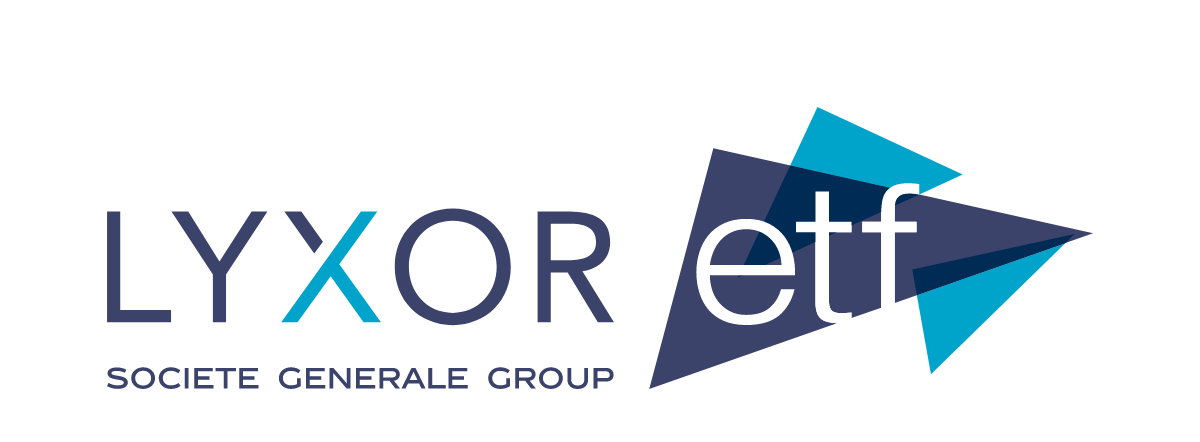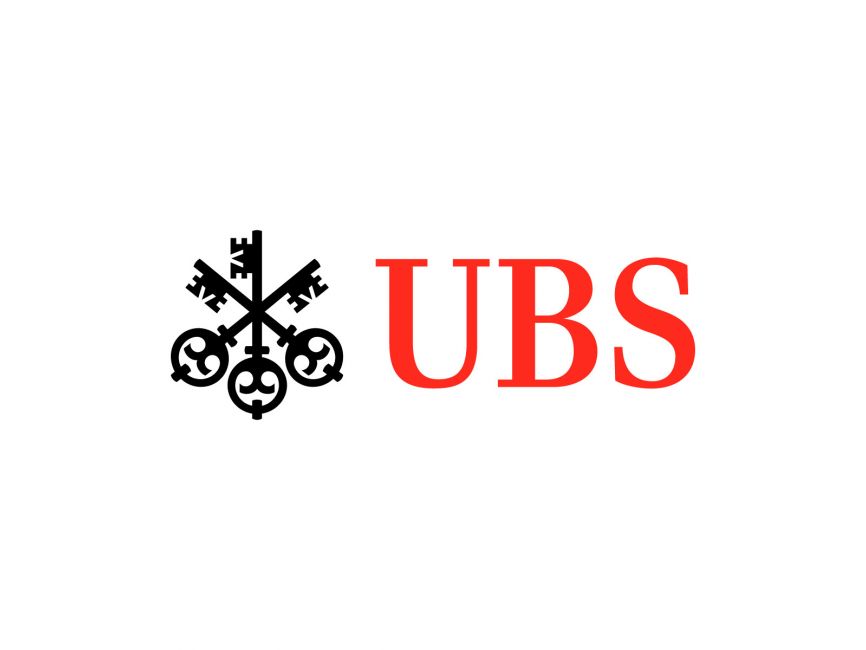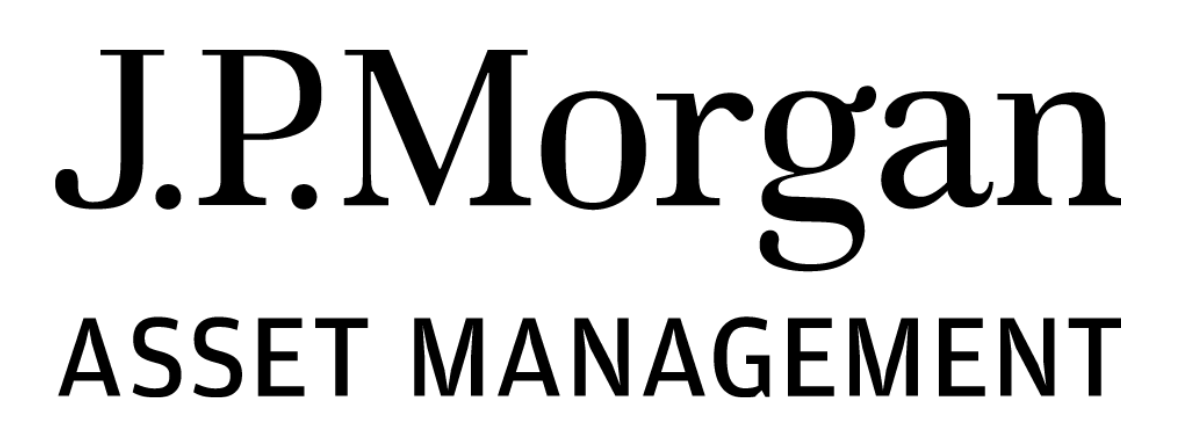Over the past few years, a war has been brewing beneath the surface in Europe's ETF industry as to who will emerge the number two provider behind BlackRock.
Since BlackRock entered the industry in 2009, via the BGI acquisition, the world’s largest asset manager has dominated the market, accumulating assets at a rapid rate.
The US giant now has $380bn assets under management (AUM) in Europe as at the end of Q1, according to data from Morningstar, accounting for 46% of the region’s assets.
However, a second player is yet to emerge from the rest of the crowd. Beneath iShares, Lyxor and DWS have been battling for second place, with Lyxor leapfrogging its rival at the start of last year before strong flows into DWS’s Xtrackers range last year pegged them back.
Some €83bn sit in Xtrackers products while Lyxor currently looks after €73bn in ETFs following the acquisition of Commerzbank’s €7bn ETF arm last July.
However, despite the acquisition last year, one industry insider said the firm has shown a lack of ambition by “remaining a European-only player”.
“Additionally, management at Société Générale have their hands full rationalising their investment bank and may not have time to think about acquisitions for some time.”
However, another source said Lyxor was more likely to come out as “clear second” to DWS due to the “turmoil” its parent owner Deutsche Bank has gone through in the last few years. “I suspect they are somewhat distracted.”
The region is far more fragmented than in the US. Across the pond, BlackRock, Vanguard and State Street Global Advisors account for around 85% of all ETF assets, while in Europe, the top three account for just 64% with iShares managing the most of those.
The US ETF market has some advantages over Europe that help it scale. All trading in the US occurs under a single federal legal system, in the same language, in the same currency, with the same clearing system and reported on by a single national media. Further advantages include tax-free creation-redemption, cheaper trading, a larger advisor market and a robust broker-dealer channel.
Europe, by contrast, is much more fragmented. There are different currencies, different clearing and settlement systems, more off-exchange trading. Distribution of financial products in Europe also tends to be more mediated by banks and insurance companies – and less by advisers.
It is likely the second largest European ETF player will emerge from a takeover rather than organic growth.
Significant mergers and acquisitions have already taken place in recent years. Invesco has shown significant ambition in Europe having snapped-up Source and Guggenheim Investments’ smart-beta range in 2017 while last year, it acquired OppenheimerFunds, which runs a small ETF business.
The US asset manager has clearly shown signs of ambition in Europe with the acquisition of Source. It currently has €22.5bn AUM while €7.1bn PIMCO assets sit on its platform.
“Invesco seems to be showing some new product and sales dynamism that could one day take them up to second spot,” Peter Sleep, senior investment manager at 7IM, commented.
WisdomTree has been another US manager looking to expand its European footprint as shown by the acquisition of ETF Securities for $611m in 2017.
However, in recent months the sixth-biggest ETF provider has emerged as a takeover target after it was reported JP Morgan walked away from a deal last December.
Invesco, which is the fourth largest ETF provider with $171bn AUM, could see WisdomTree as the perfect opportunity to compete with the big players. If this occurred, it would take Invesco’s AUM in Europe to just shy of €50bn.
JP Morgan is a potential sleeping giant. The bank has already been seen sniffing around for a way to increase its presence in the ETF industry with an acquisition of WisdomTree. While it only manages €917m in Europe, the launch of BBUS at just 0.04%, the joint-cheapest product in Europe, is a signal of its intent.
Vanguard is another US behemoth which is yet to make its impact in Europe. The asset manager currently has €35bn AUM, however, the lack of ETF uptake from retail investors this side of the pond has stunted its growth but any player with the capacity it has in the US is worth monitoring closely.
One move that could blow the competition out of the water is the potential merger between DWS and UBS Asset Management. Last month, it was reported by the Financial Times the two had been in discussions “for a couple of months” and even BlackRock may be closely monitoring this move.
UBS’s footprint has always been in Switzerland with its ESG and currency-hedging ETF range, while DWS has a stranglehold in Germany with its Xtrackers suite. The merger would create an ETF business with €134bn AUM in Europe, joining BlackRock as only the second provider with AUM over €100bn.
“The proposed merger between DWS and UBS asset management makes it easy to predict that the number two player in Europe will be the combined entity should the deal happen,” Sleep said.
“[However,] I would have thought that management have other priorities and acquisitive growth in ETFs will be off the table for a long time.”
ETF Insight is a new series brought to you by ETF Stream. Each week, we shine a light on the key issues from across the European ETF industry, analysing and interpreting the latest trends in the space. For last week’s insight, click here.










